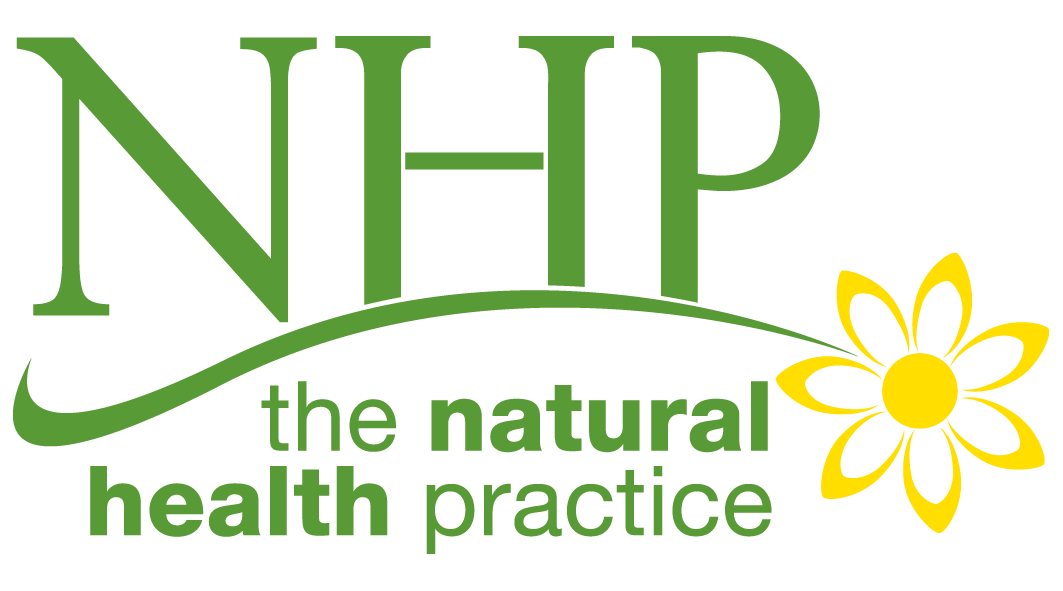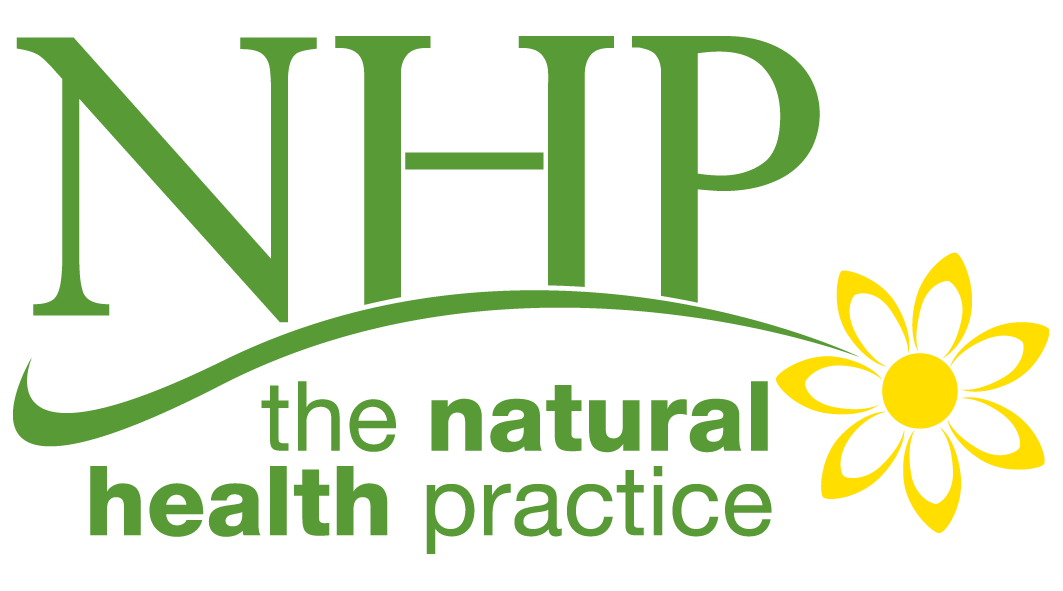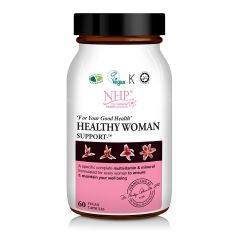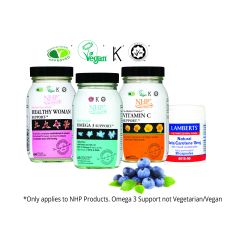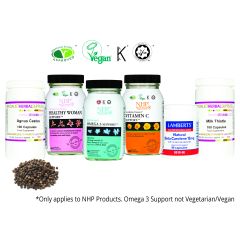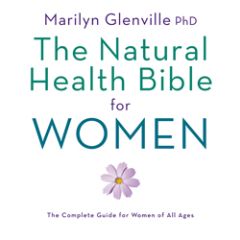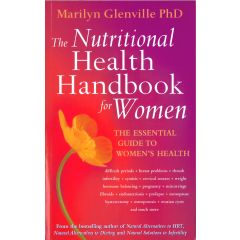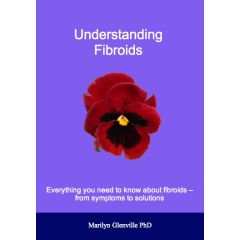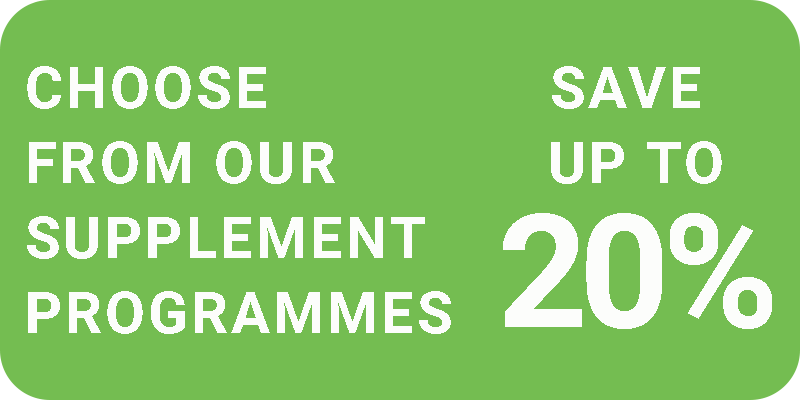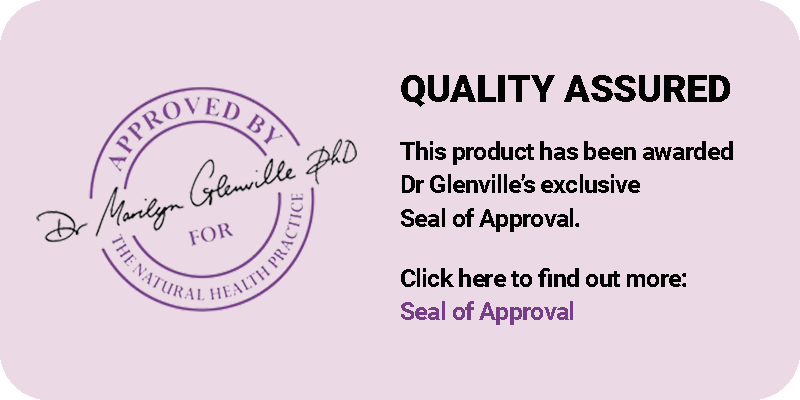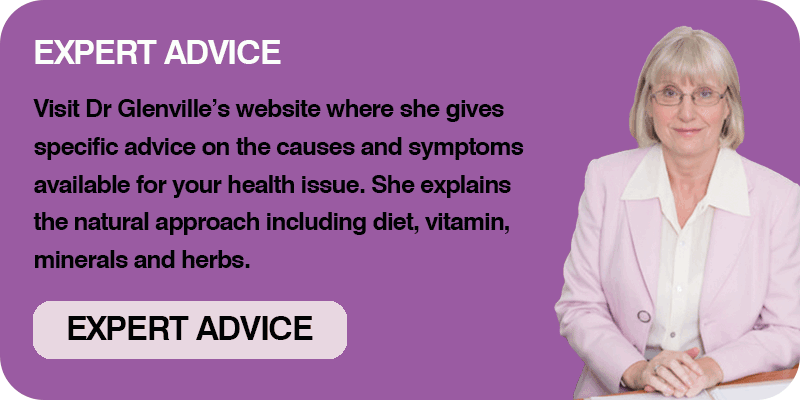Product added to cart
Fibroids
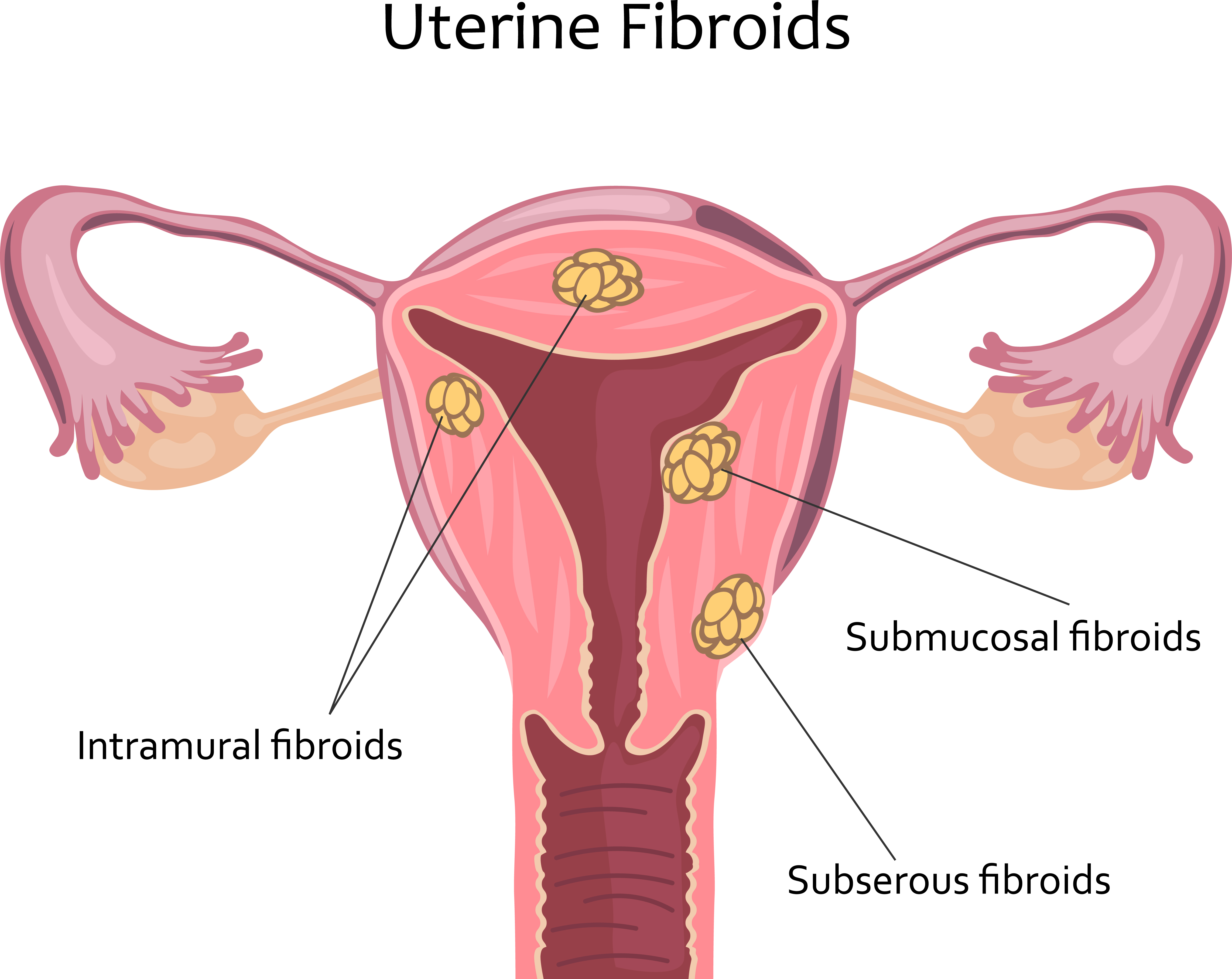
Fibroids (also called myomas) are non-cancerous growths in or on the muscular wall of the womb (the myometrium). They can vary in number and size, according to the individual.
Fibroids are given different names depending on where and how they grow:
Submucosal fibroids grow on the inside of the womb and extend into the uterine cavity.
Intramural fibroids grow within the uterine wall (the wall of the womb). Subserol fibroids grow on the outside of the womb, on the lining between the uterus and the pelvic cavity.
Penduculated fibroids can be attached either to the inside or outside wall of the womb, and they are characterised by a stalk What are the symptoms? The main symptom of fibroids is heavy periods.
